The Lancashire local authority is thought to be the first to make such a move, with the webpage detailing information about the trial pulled while the Panorama programme was on.
The trial, which was launched on 23 May, was supposed to last for six months. Residents were being given the opportunity to recycle ‘hard-to-recycle items’ such as biscuit wrappers, Pringles tubes, plastic toothbrushes and coffee bags.
These are not included in the council’s kerbside collection because of difficulties and costs associated with recycling complex materials.
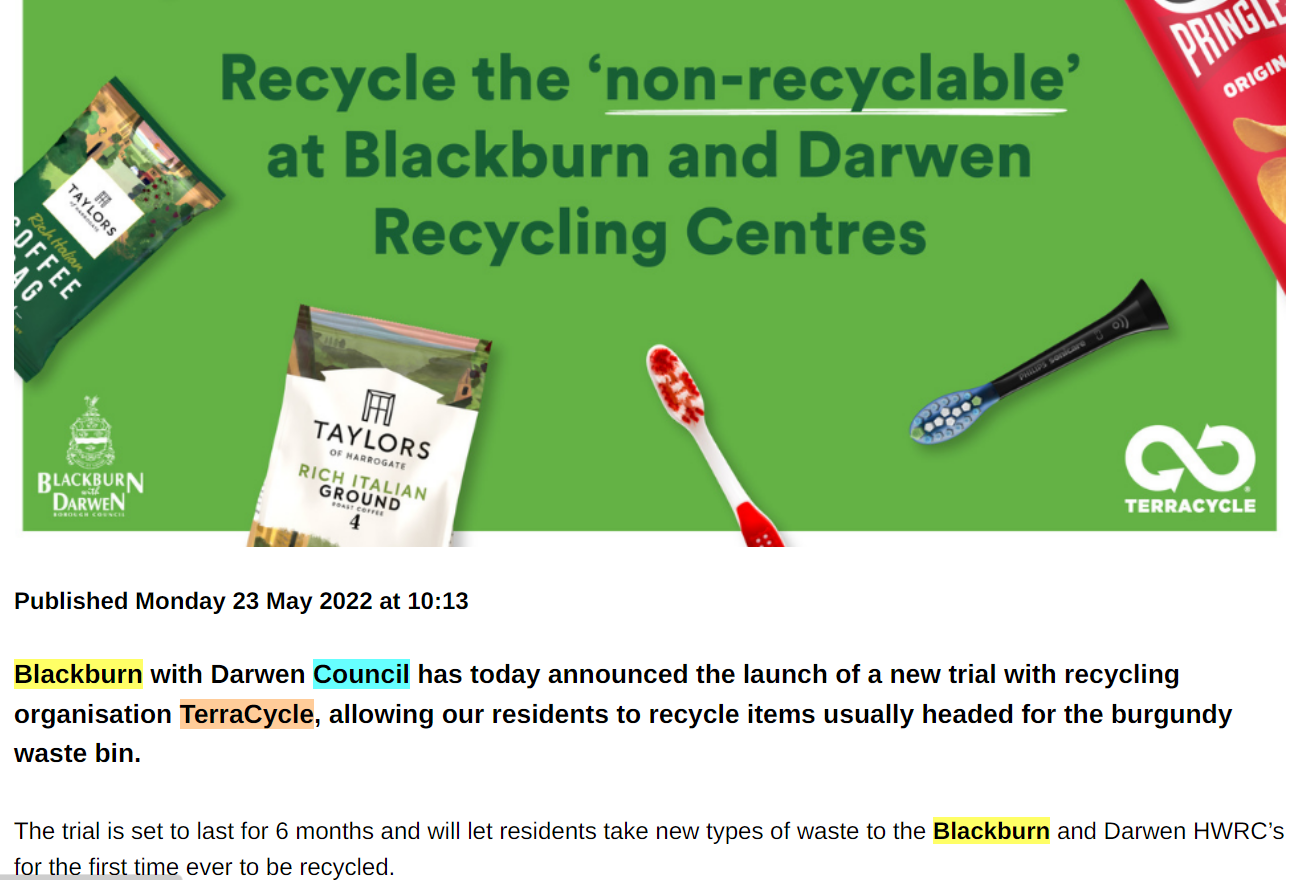
The trial would have seen residents drop off bags of these items at their local household waste and recycling centres (HWRCs) to then be recycled by Terracycle.
However, Stuart Hammond, environmental and sustainability manager at Blackburn with Darwen council, explained to letsrecycle.com that the council had decided to halt its trial while the BBC One programme was on.
It is currently waiting to get clarity from its waste contractor Suez and Terracycle on whether they want to continue the trial. Mr Hammond added that the council would like for the trial to reopen. Suez has a 30% stake in Terracycle in Europe.
The news was confirmed by Tony Watson, head of environment for Blackburn with Darwen Council, who said: “We will always do everything we can to encourage residents in Blackburn with Darwen to recycle. The Council, like many others across the country, has declared a Climate Emergency, and recycling is one of the many ways residents can help us work towards being carbon neutral. After being made aware of the impending BBC documentary, we are now reviewing our pilot with TerraCycle.”
Documentary
The documentary showed a West London-based family wanting to drop off their hard-to-recycle packaging at one of Terracycle’s collection points.
After looking at the recycler’s website, they found that each type of packaging has to go to a separate collection point in different locations. The different collections points were located between two and eight miles from their home, and in different directions, the programme said.
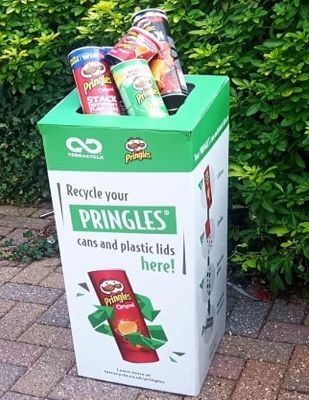
Upon getting to the first collection point, they saw that it was closed, which wasn’t mentioned on the website. In the end, the family managed to drop off 35 grams of a plastic in what turned out to be a 10-mile round trip.
There were also concerns that some material recycled under the scheme could end up in other countries.
Terracycle
Defending Terracycle, Stephen Clarke, head of communications at company, told letsrecycle.com: “Terracycle is proud of the work we’re doing with our collectors and partners to address the waste crisis.
“We are continually evolving and looking for ways to improve our programmes with a goal to make them as big and convenient as possible. Beyond recycling we help brands integrate recycled content into their products and then shift to reuse via our greatest investment to date, Loop.
He added: “Following the airing of the BBC Panorama programme last night, the reaction has been overwhelmingly positive from our partners, clients and network of collectors. We have also had lots of positive emails into our customer service address today, with people who saw the programme asking how they take part or sign up as collection points for their communities.”
Reaction
Reaction to the documentary has been recorded across social media.
Stuart Foster, chief executive of plastics charity Recoup, explained on Linkedin that a scheme operator and its funders are “accountable and cannot lay sole blame on third party contractors and traders (they have appointed) when things go wrong”.
He added: “Some of the wider discussions were also very recognisable – convenience and clear messages to consumers are key, websites and instructions do not always accurately reflect collection services (trust me, not just a Terracycle issue), multiple logos on packs can be misleading and confusing, do bespoke and niche recycling schemes undermine improved design for recycling/reuse (eco-modulation based on recyclability should help focus the mind when it arrives)”.





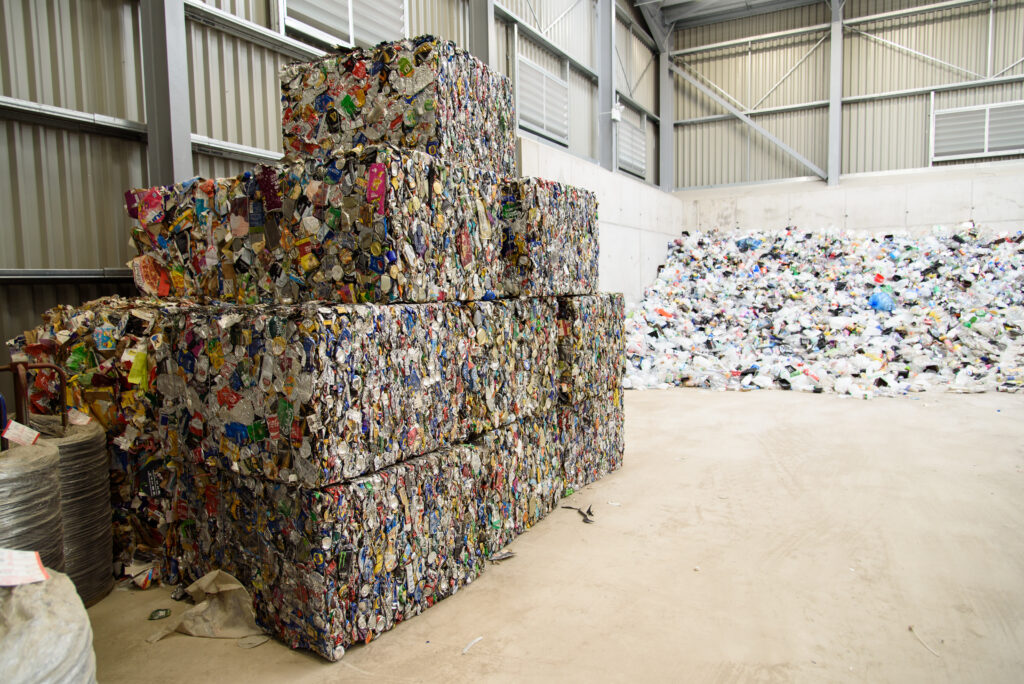
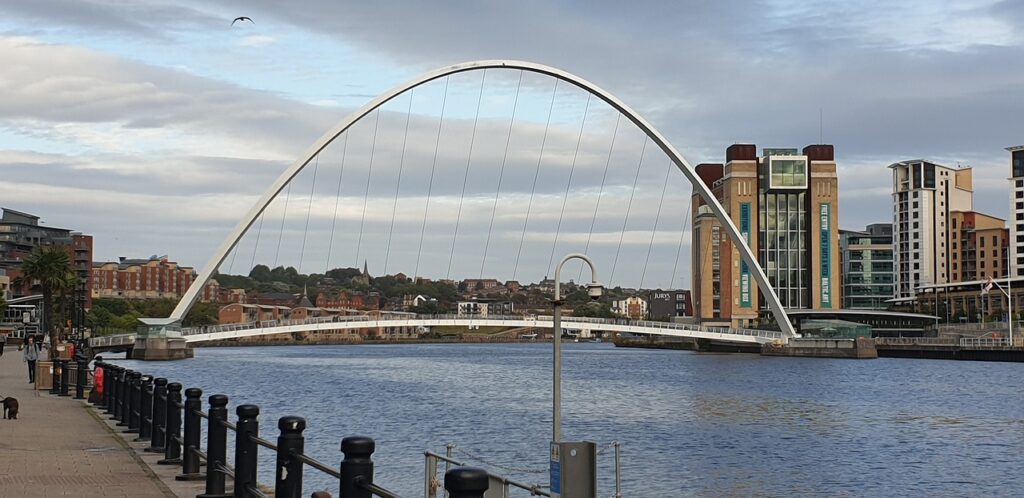
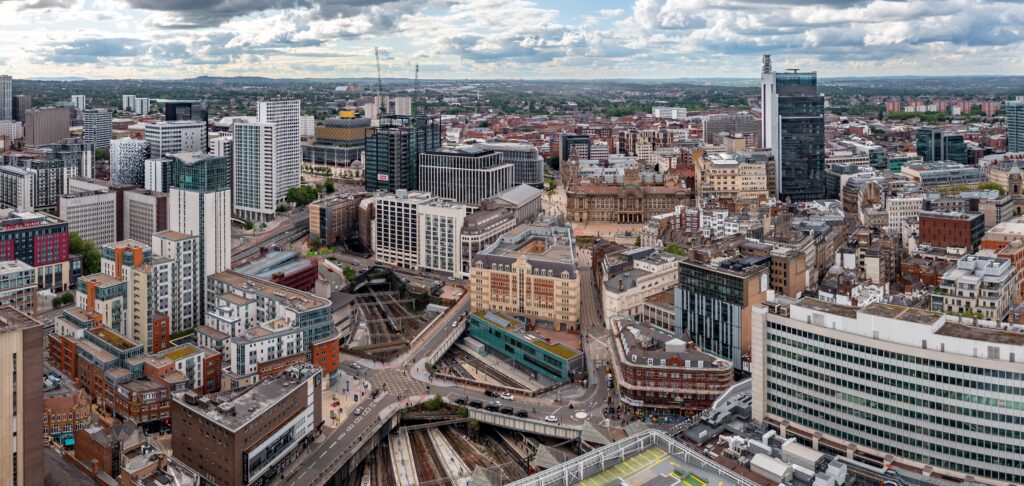
Subscribe for free